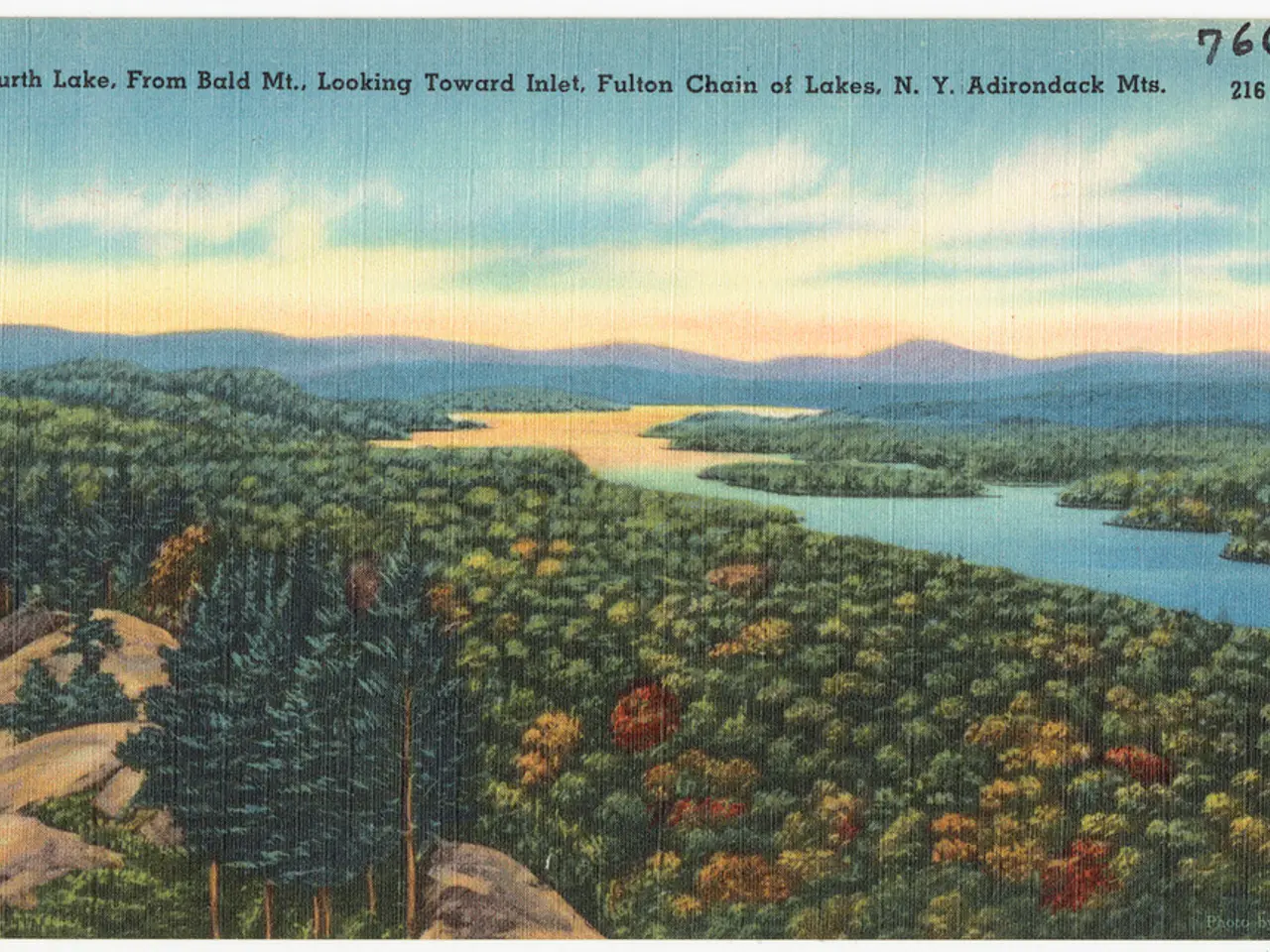New Hire Announcement: Jane Willenbring Joins Scripps Oceanography as Latest Staff Member
Jane Willenbring, an associate professor at the Scripps Geosciences Research Division, is making groundbreaking discoveries in the field of geomorphology, biogeochemistry, and environmental science. Her research focuses on understanding how landscapes change over time and how these changes influence nutrient cycling.
Willenbring's work has taken her to diverse locations, including the tropical island of Puerto Rico and the icy expanse of Antarctica. In Puerto Rico, she uses isotopes formed by cosmic radiation to study the dynamic interactions of life, landscape, and atmosphere.
One of her key findings in Puerto Rico involves the island's mountainous landscape and the nutrient sources that sustain it. Using cosmogenic nuclides, including beryllium-10, Willenbring and her colleagues uncovered that the nutrient-rich dust traveling across the Atlantic Ocean from the Sahara Desert provides the necessary nutrients for the island's trees. These trees, in turn, indirectly hold up the mountains.
This research offers valuable insights into the unique geology of Puerto Rico and the role of external factors in shaping its landscape. However, for more detailed and up-to-date information about Willenbring's findings in this specific topic, it would be best to consult her academic publications, university webpages, or specialized research databases.
In addition to her research, Willenbring is committed to community engagement. She runs the "Soil Kitchen" program, which offers community members an opportunity to bring in garden soil to be tested for contamination from metals such as lead and cadmium, during a free event each year. Her goal with "Soil Kitchen" is to broaden her science program into the community, to educate the community, and ultimately clean up urban areas and environments impacted by agriculture.
Willenbring plans to expand her citizen science program, "Soil Kitchen," to the San Diego community. Before joining Scripps, she was a professor at the University of Pennsylvania. She currently holds a National Science Foundation career grant to study beryllium mobility in soil.
Willenbring's research connects the flow of soil, water, carbon, and nutrients from the inner earth to the ocean. As the director of the Scripps Cosmogenic Isotope Laboratory, she continues to use geochemical tools, such as cosmogenic nuclides, to study the evolution of the earth's surface. Her work is a testament to the power of scientific inquiry and the importance of understanding our planet's complex systems.
Science plays a crucial role in Willenbring's research, as she utilizes various geochemical tools like cosmogenic nuclides to study the evolution of the earth's surface in the field of environmental science. Her discoveries have extended to health-and-wellness, as she conducts the "Soil Kitchen" program to educate communities about soil contamination and clean up urban areas. Furthermore, her work in learning and education-and-self-development is evident through her commitment to community engagement and academic publications.




